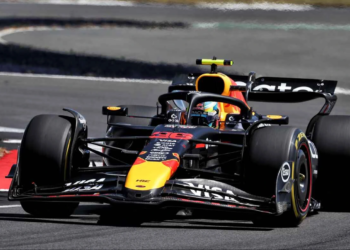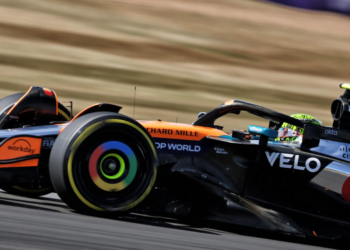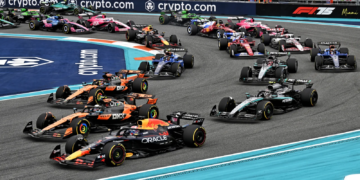The FIA’s decision to ban qualifying engine modes could actually be of benefit to Mercedes, believes team boss Toto Wolff.
It’s expected the FIA’s ban will come into effect for the Belgian Grand Prix next weekend, with it essentially banning extreme engine modes which are often used for a handful of laps during qualifying and the race.
However they can’t be run for long because they put maximum stress on the power unit and reduce its life expectancy.
For this reason Wolff believes the ban – which many including Lewis Hamilton suggested was to slow Mercedes – could actually be of benefit as it will extend the life of their engines, whilst having little impact on their ability to take pole position on Saturday, given the size of their performance advantage.
“I think we don’t lack performance on Saturdays,” said Wolff. “We had until now quite a margin.
“If Formula 1 were to ban in-season certain power unit modes, then I think it will actually help us in the race. If you can avoid damage to your power unit in those few qualifying laps that you have available, in Q3 and then the odd lap in the race, the damage metrics goes down dramatically.
“So five laps of qualifying modes not being used gives us 25 laps of extra performance in the race, and that is something we believe will give us more performance.”
Mercedes is not the only team which uses qualifying engine modes, therefore even if it loses some performance on Saturday, its rivals will also suffer.
“You must take into effect even if it may hurt us more in qualifying, which I’m not sure [it will], and it’s only a couple of tenths, then it will hurt all the others in the same way,” said Wolff.
“But for us, we are always very marginal on what we can extract from the power unit, and if we were to be limited in qualifying modes, then well, we will be stronger in the race.”









